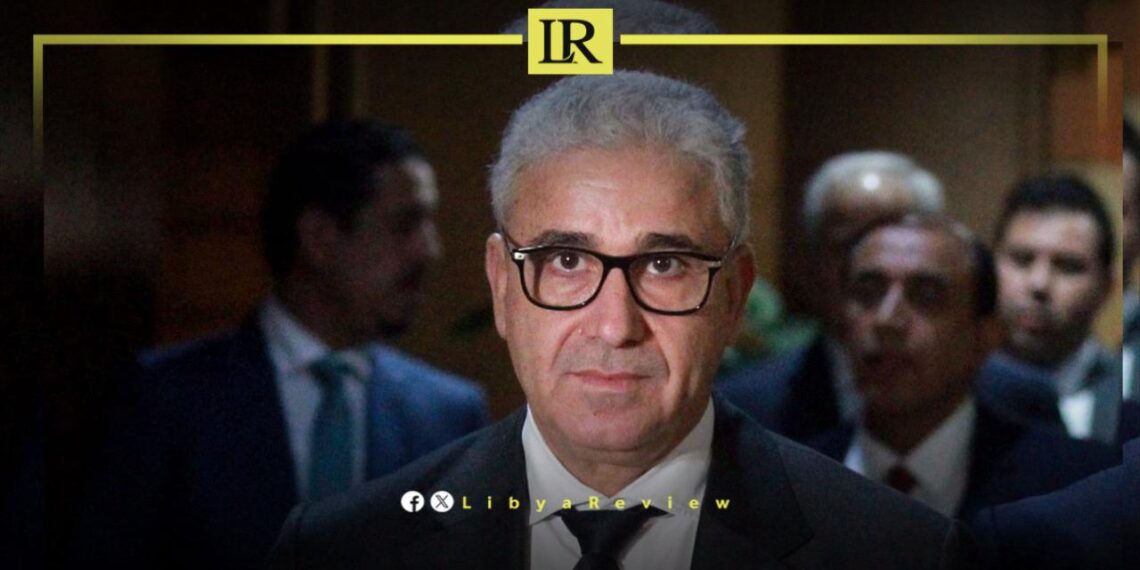Former Libyan Interior Minister Fathi Bashagha has strongly criticized what he described as the continued practice of “unlawful arrests” in Libya, calling it a systematic security tactic used for more than five decades to settle political or economic scores.
In a Facebook post, Bashagha noted that the pretexts for arbitrary detentions have evolved over time to suit changing political climates—ranging from accusations of “reactionary” thought, to “heresy,” and now to “homosexuality.” He stressed that these repressive tools are recycled and repackaged under new labels whenever necessary.
“The method remains the same, even if the names and faces change,” Bashagha stated, pointing out that security agencies continue to use such tactics to bolster the authority of the state at the expense of the rule of law.
He warned that the kidnapping of individuals has become a way to send chilling political messages, with the underlying message being: “No one is beyond the reach of the security grip.”
Bashagha concluded by warning that such practices perpetuate a culture of fear, particularly in the absence of justice and an independent judiciary. He emphasized the danger of reducing the rule of law to the whims of those in power.
Libya has been in chaos since a NATO-backed uprising toppled longtime leader Muammar Gaddafi in 2011. The county has for years been split between rival administrations.
Libya’s economy, heavily reliant on oil, has suffered due to the ongoing conflict. The instability has led to fluctuations in oil production and prices, impacting the global oil market and Libya’s economy.
The conflict has led to a significant humanitarian crisis in Libya, with thousands of people killed, and many more displaced. Migrants and refugees using Libya as a transit point to Europe have also faced dire conditions.
The planned elections for December 2021 were delayed due to disagreements over election laws and the eligibility of certain candidates. This delay has raised concerns about the feasibility of a peaceful political transition.
Despite the ceasefire, security remains a significant concern with sporadic fighting and the presence of mercenaries and foreign fighters. The unification of the military and the removal of foreign forces are crucial challenges.


